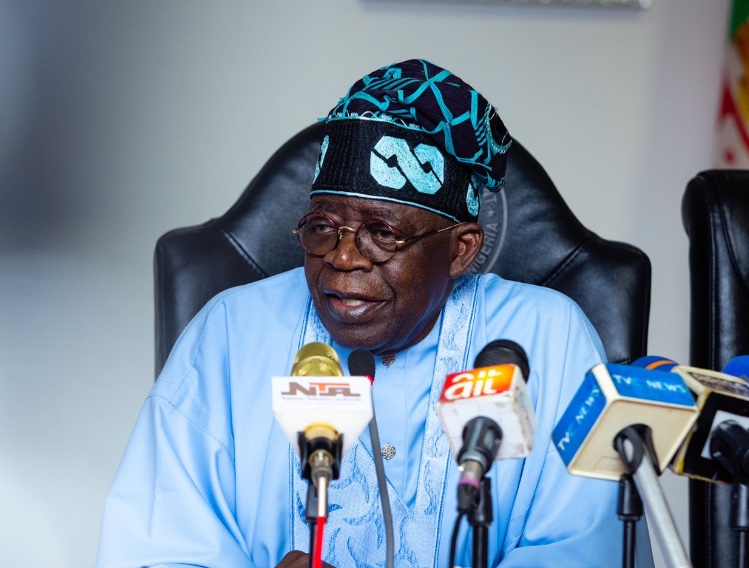The Nigerian power sector is teetering on the brink of collapse due to a staggering N4 trillion debt owed to power generation companies (Gencos), prompting emergency meetings between government officials and industry leaders. This financial crisis, marked by N2 trillion owed for power supplied in 2024 and an additional N1.9 trillion in legacy debts, threatens to cripple the entire electricity supply chain, impacting industries, homes, and essential services like hospitals. The gravity of the situation has been underscored by Gencos, who have issued dire warnings about the potential for a complete system shutdown if immediate action is not taken. The mounting debt has severely hampered their operations, restricting access to crucial funding needed for maintenance, infrastructure upgrades, and overall system stability.
In response to the looming crisis, the Minister of Power, Adebayo Adelabu, met with chairmen of Gencos in Abuja to address the escalating concerns. The government has pledged to take swift action, proposing an immediate settlement of a substantial portion of the debt. The remaining balance would be addressed through financial instruments like promissory notes within the following six months. This plan, aimed at stabilizing the sector and averting a complete collapse, will be further discussed in a planned meeting between President Bola Tinubu and the leadership of the Gencos. The minister emphasized the critical nature of the situation, describing it as a national emergency requiring immediate and decisive intervention.
The crippling debt burden faced by Gencos is a complex issue rooted in systemic failures, policy inconsistencies, and operational challenges within the power sector. Col. Sani Bello (retd), Chairman of Mainstream Energy Solutions and head of the Association of Power Generating Companies (APGC), highlighted the devastating impact of the debt on the sector’s functionality, stressing the urgent need for intervention to prevent a complete collapse. Kola Adesina, Chairman of Egbin Power and First Independent Power Limited, echoed these concerns, emphasizing the nationwide ramifications of a power sector failure, affecting all aspects of life from industries and businesses to individual households and critical infrastructure.
The government acknowledges that the challenges faced by Gencos extend beyond mere debt accumulation. Minister Adelabu acknowledged the systemic failures and policy inconsistencies that have plagued the sector. He outlined a multi-pronged approach that includes not only debt repayment but also crucial reforms aimed at addressing operational challenges and promoting long-term sustainability. Among the proposed reforms are the full liberalization of the electricity market and the implementation of cost-reflective tariffs. Adelabu argues that subsidies are no longer a sustainable solution and that citizens must pay a fair price for the energy they consume, while acknowledging the need for targeted subsidies to protect economically vulnerable populations.
Dr. Joy Ogaji, CEO of APGC, further elaborated on the multifaceted challenges confronting Gencos, including erratic gas supply, persistent payment defaults, and the volatile foreign exchange market. She highlighted the dramatic depreciation of the naira against the US dollar, which has severely impacted maintenance budgets and loan repayments, placing an unsustainable burden on the companies. The depreciation, from N157/$1 in 2013 to N1,600/$1, has significantly increased the cost of imported equipment and services, compounding the financial strain on Gencos. Dr. Ogaji emphasized the significant risks borne by Gencos, from grid failures to unproductive taxes, despite their continued commitment to providing power to the nation.
The government’s proposed solutions aim to address both the immediate financial crisis and the underlying structural issues within the power sector. Aside from the debt settlement plan, Minister Adelabu outlined ongoing plans for regulatory reforms to enhance market stability and reduce levies on Gencos. Recognizing the importance of public awareness and engagement, he urged Gencos to collaborate with the government in educating the public about electricity consumption, efficient usage practices, and the realities of tariff structures. This collaborative effort aims to foster a better understanding of the challenges and promote responsible energy consumption. The meeting between President Tinubu and Genco leaders is anticipated to be a crucial step in finalizing the debt resolution plan and solidifying the government’s commitment to reforming the power sector for long-term stability and sustainability.














